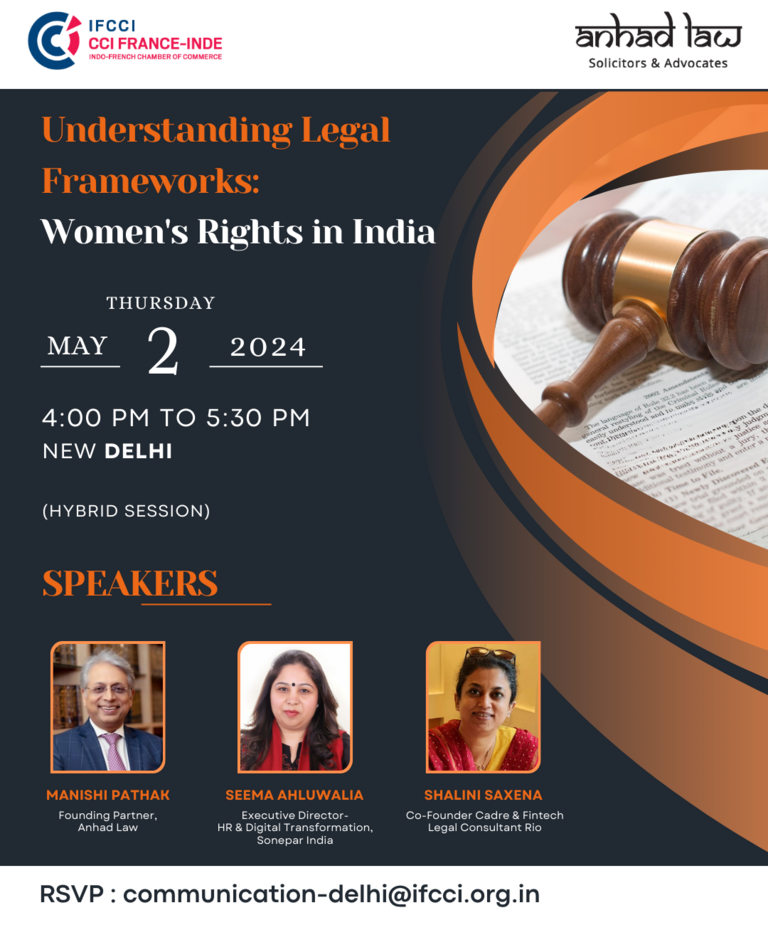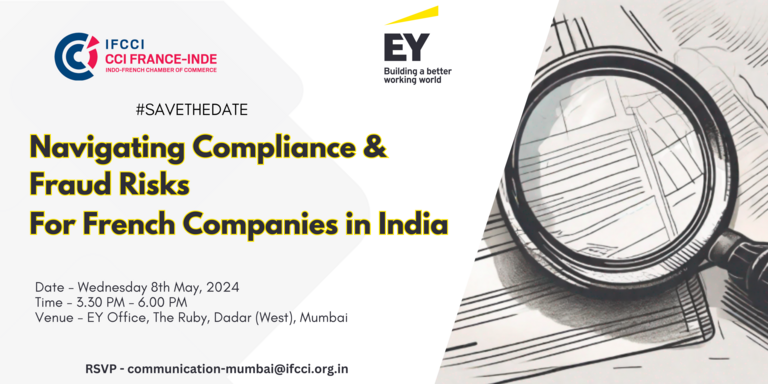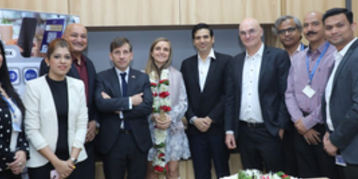Communication - Press • Actualités
French Politician Brune Poirson On How The Fashion Industry Can Be More Sustainable

In an exclusive interview with ELLE India, Brune Poirson, the Secretary of State to the Ecological and Inclusive Transition Minister of France, reveals how the Indian fashion industry can be fortified to solve the climate crisis, and why the most privileged sections of the society should lead by example. Excerpts from the interview:
ELLE: To begin with, can you tell us a little about the Fashion Pact?
Brune Poirson: The Fashion Pact is an initiative launched by President Macron during the G7 (summit) and spearheaded by François-Henri Pinault, CEO of Kering. It was launched because fashion industry is the second most polluting industry in the world. It is responsible for almost one-third of the plastics in the ocean, carbon emissions that are more than the aviation and shipping industry, and one fourth of the pesticides found in nature, among other challenges. This is why we need to accelerate the development of sustainable fashion.
So, we can either have an international agreement between states, which would take decades. Or we can bring together all the companies willing to do more to make concrete commitments in favour of biodiversity and reduce carbon emissions with social commitments. If 30 per cent of the world’s companies commit to doing more, then you can point at other companies that aren’t and go back to the states for more regulation.
ELLE: There’s a huge gap between the designers, craftsmen and the artisans. What steps can the fashion industry take to bridge this gap and become sustainable?
BP: Clients need to be demanding and call out private companies to ensure that they deliver good social policies to all the workers. Western companies making clothes in or buying from India need to make strong commitments as well. Clients and consumers in the West need to ask for better social practices. If the final consumer is asking for something then the companies will react; this will have a positive impact from the ground up.
ELLE: You have lived in India for many years. How do you think the industry here has changed over time with sustainability coming into the picture?
BP: I haven’t spent enough time visiting fashion companies in India but I’m sure progress has been made. There’s global awareness—and more than awareness—there’s commitment to act on it. This will trickle down to India or the other way around, as India, which has a strong link with nature, has a leading role to play in making fabrics more sustainable.
ELLE: A lot of the garment manufacturing takes place in India, which has led to a rise in climate temperatures. How do you think we can raise awareness at the grassroots level?
BP: People with the most privileges in the society need to show the way. They have to act responsibly and provide support because they can afford it. The government needs to start programmes that help the lower social classes and do more for climate change without hampering their way of life or, most importantly, their purchasing power. For example: if the government develops public transportation, the poorest will be able to afford it. And it’s the same for waste management. NGOs should also make this cause their mission.
Source - Elle




